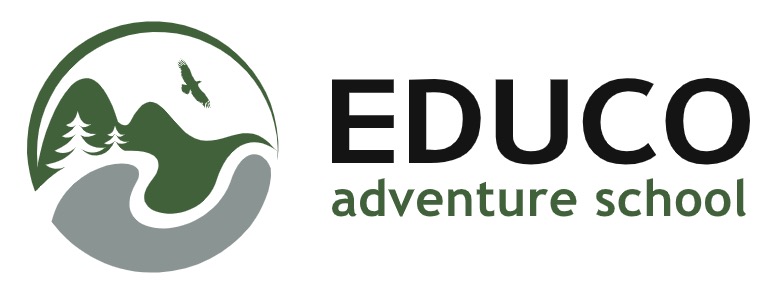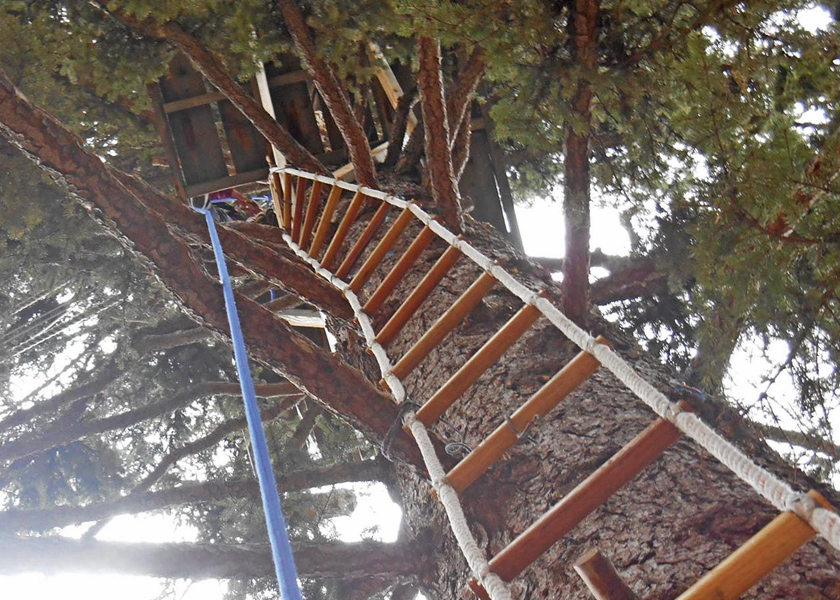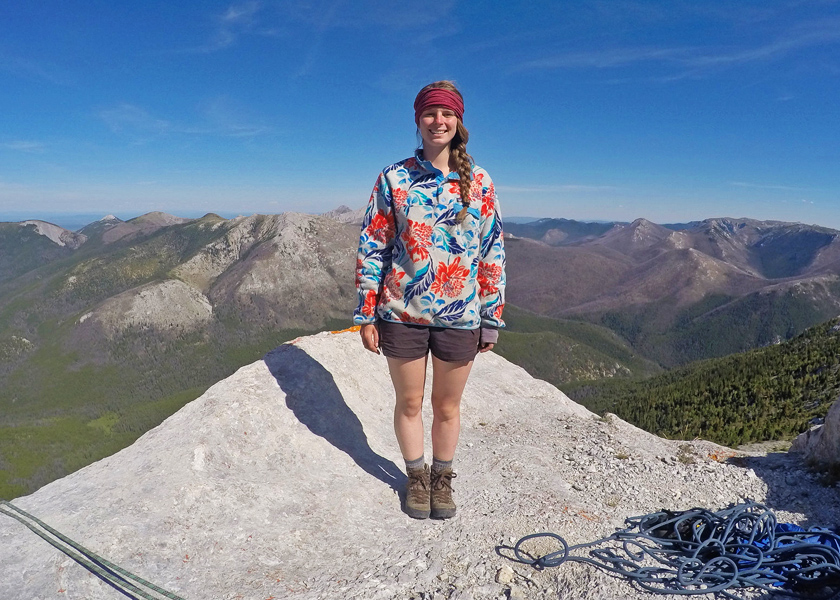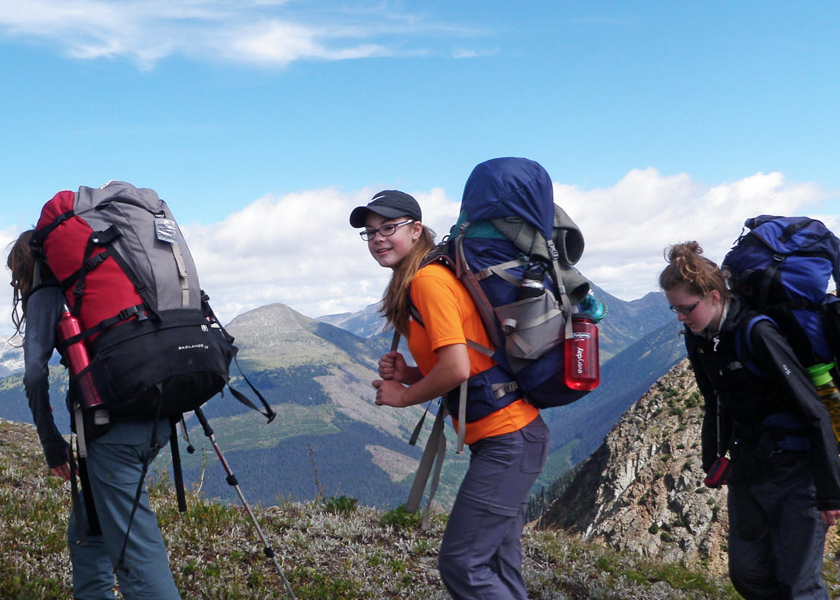Our Risk Philosophy
At Educo, there are many teachers beyond the staff: the mountains, the hardship of a portage, the sunset on a lake, the silence of a moment alone.
One of these teachers is risk. At Educo, safety and managing risk is our primary concern. However, much of the powerful learning that students experience is born out of the inherent risk in our adventures. It is hard to learn about one’s courage and potential without risk or challenge. Risk is a desired and designed element of our adventure programs.
It’s important to be aware of the two types of risk: real risk and perceived risk. At Educo, we often create scenarios of perceived risk, where students believe there to be real risks and consequences. In actuality, the experience is designed to highlight perceived risk while reducing real risk. For example, the risk of falling from height seems real in our high ropes course but safety harnesses, safety equipment, and trained instructors reduce the real risk of falling.
When children are supported to take risks, they have more fun and learn how to assess and manage risk in all areas of their lives.
ParticipAction Positive Statement on Outdoor Play
The message is clear — our kids need nature to help them reduce stress and live happier, healthier and more motivated lives.
Dr. Shimi Kang, Psychiatrist
Yes, there are risks outdoors, but there are huge psychological, physical, and spiritual risks in raising future generations (with limited outdoor play).
Richard Louv,
Last Child in the Woods
As with any active play, there are risks that are real at Educo. Generally, these risks have low consequences and are similar to the risks we accept in other sports and activities. For instance, spraining an ankle while playing soccer or getting a scrape while playing on a playground are consequences of the same risks we take during activities at Educo: hiking, running on the field, canoeing, climbing, and more.
Risks with high consequences are not well accepted by the public. And understandably so! While we want to be on our learning edge in adventure activities and enjoying the adrenaline of heights or swift water, we all want to come home at the end of the day.
We embrace risk and its role in learning life skills and yet, safety is our top priority. To learn more about our risk management, our trained staff, our facilities, and our board governance, please check out our Risk Management Plan.
Why is important for our children and youth to experience risk?
We cannot live in a world free from risk. In fact, to live fulfilling and meaningful lives, we sometimes seek out risk (a new job or a new home). While this can seem daunting, we always have a choice: how we respond to risk, overcome it, or create it.
In adolescence, there are many risks. To name a few: the social risks in stepping out of your peer group and being your authentic self, the physical risks of drugs or alcohol, or the mental and emotional risks of trying a job or an activity at which you think you aren’t very good.
At Educo, we give opportunity to students to practice risk-taking and to reflect on their experiences:
- What were the challenges in facing risk?
- What did you learn about fear?
- What was your proudest moment in that activity?
- What is a challenge at home that you’d like to overcome?
- What does risk teach me? What do I love about risk?
- What are my boundaries?
- When do I feel empowered to push past my boundaries to have a greater comfort zone?
- When do I need to enforce my boundaries and what empowers me to do that?
Through conscious, hands-on adventuring, students develop resiliency, courage and creative problem-solving for the challenges, no matter how small or big, ahead of them in their life. With experience in healthy risk-taking in their back pocket, youth are ready to reach their potential.
Safety and Risk Management Standards
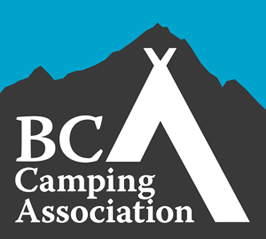
The BCCA is a governing body that facilitates and promotes an in-depth accreditation process, informs and educates its membership of camping professionals, and advocates the benefits of camps to parents and the BC public.
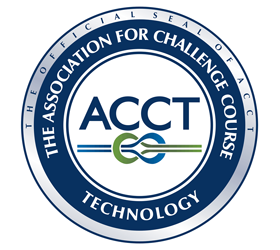
The Association for Challenge Course Technology (ACCT) is the world’s leading and largest American National Standards Institute (ANSI) Accredited Standards Developer focused specifically and solely on the challenge course industry.

Educo holds the appropriate health approvals and permits from Interior Health and is inspected routinely to ensure compliance with industry standards. This includes our kitchen facilities and drinking water source.
